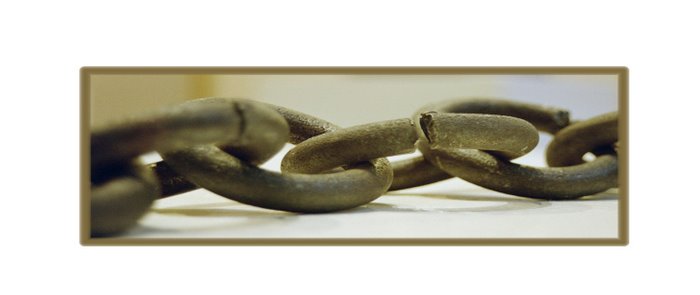
I found a wonderful source of encouragement and healing in a little booklet entitled Recovering the Lost Self: Shame-Healing for Victims of Clergy Sexual Abuse by Elisabeth A. Horst. Packed into 54 pages is much of what I learned over the past 7 years.
Horst is a psycholgist on the board of the Interfaith Sexual Trauma Institute, the organization birthed by Marie Fortune. Much of the book expounds on the story in Mark 5 of the woman with the hemorrhage and her determination to obtain healing.
Some powerful excerpts from the book follow:
"Any relationship founded in the exploitation of power will produce shame, whether or not the participants are aware of it at the time." (p. 26)
"Any time one person treats another as an extension of the self, as a thing to be used to gratify needs rather than as a self-directed, separate self with its own needs and interests the user shames the one used. Sexual abuse is a primary example of a shaming interaction, since the abuser meets his or her own needs at the expense of the needs of the victim. The actions of the abuser in effect say to the victim, 'You deserve to be treated like something less than human.' It is poignantly easy for a victim to accept and internalize this terrible message." (p. 22)
"It is hard to believe anyone can survive such intense pain as shame, met undefended, can produce." (p. 45)
"Sometimes strategies that produce more shame in the moment lead to gradual healing over time. This is often true of telling one's story to a sympathetic listener. Sometimes activities that temporarily soothe shame will actually increase it over time." (p. 31)
"Any time a victim takes action on her own behalf, she is healing a bit of her shame." pg 36
"For most of us, the experience of healing comes not in one dramatic incident but in many small experiences." (p. 37)
"In order to heal shame, a victim must take the unfamiliar, even revolutionary, step of choosing to act solely out of her own interest." (p. 38)
"Shame is an internal experience and trasforming it requires a healthy focus on oneself and one's own needs." (p. 39)
"If shame is about not being worthy, not being smart, not being pretty, not being good, not being sane, or simply not deserving to be at all, then its greatest antidote is simply to be oneself." (p. 39)
"The single most effective cure for shame is the experience of being seen and understood exactly as you are by someone who has no need or wish for you to be anything different. This means that the most basic form of healing 'touch' for shame is compasssionate talk." (p. 40)
Di





No comments:
Post a Comment